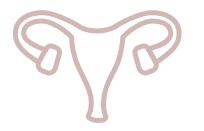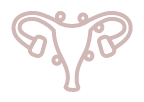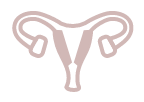First, our providers will ask questions about your medical history and listen to your symptoms to get a full picture of what is going on with you.
Next, an external exam of your hips, abdomen, and posterior sacrum.
Next, your pelvic nerves are evaluated externally with a soft cotton tip.
Next, with your consent, gel is placed on a gloved finger and an internal exam is performed to allow us to evaluate the nerves and muscles within the pelvis.
There is no speculum required as we are evaluating the pelvic floor muscles and nerves, not the organs.
Sometimes patients will need Imaging to help us understand if there is an associated cause of the pelvic nerve and muscle pain and dysfunction found on the exam.
Oftentimes, treatment can be started the same day as there is no downtime. Our patients have been suffering with pelvic pain symptoms for 6+ months. We like to get them on the road to feeling better as soon as we can as the longer the symptoms are present the harder it is for us to resolve them.
